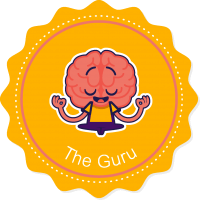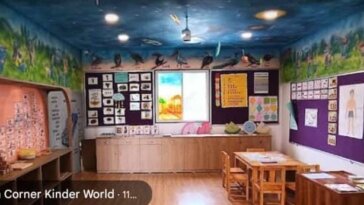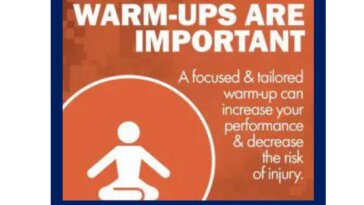There are many similarities between The Curiosity Approach’s values and those set out in The Early Years Foundation Stage (EYFS) Framework 2021. The Framework agrees that children learn and develop well in enabling environments, with teaching and support from adults who respond to their individual interests and needs. As well as recognising that play is essential for children’s development, the Framework also states that “children learn by leading their own play”.
When setting out the three characteristics of effective teaching and learning, the Framework again draws upon values shared by The Curiosity Approach. These are:
- Playing and exploring – where children investigate and experience things, and ‘have a go’.
- Active learning – where children concentrate and keep on trying, even when they encounter difficulties, and enjoy their achievements.
- Creating and thinking critically – where children have and develop their own ideas, and can make links between them, and develop strategies for doing things.
Whilst playing actively and thinking critically, children will develop the skills to help them become independent thinkers and strong communicators – skills which are vital if they are to become lifelong learners. They will take the time to be more curious, and take the initiative to explore what is happening all around them.










